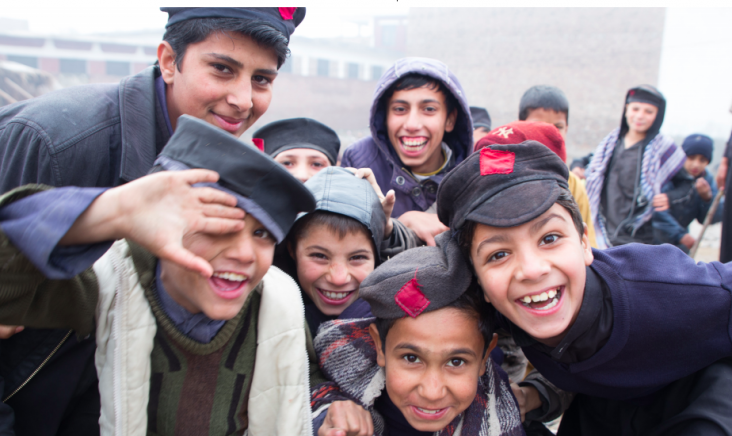Speeches Shim

The United States Agency for International Development (USAID) partners with the Government of Pakistan at the federal, provincial, and district levels to improve the lives of citizens in Khyber Pakhtunkhwa (KP) province, with a focus on the newly merged districts, by expanding governance, improving service delivery, and increasing economic opportunities.
HIGHLIGHT
Stability and development in KP, particularly in the newly merged districts along the border with Afghanistan, are critical to global and regional security. USAID is partnering with the Government of Pakistan to expand the presence of government entities in the newly merged areas, provide basic services, and facilitate economic opportunities. These jointly prioritized objectives are in line with Pakistan’s Tribal Decade Strategy for 2020-2030 and the mutual goal to increase stability by delivering development to the former Federally Administered Tribal Areas.
GOVERNANCE
USAID partners with the Government of Pakistan to provide technical assistance to provincial and district-level governments to improve their capacity to manage and monitor public services. In addition, USAID works closely with the KP government on the reconstruction and rehabilitation of public infrastructure that was damaged by prolonged conflict with insurgents, security operations and humanitarian crises in the area. These mutual investments have improved governance metrics through improved public service delivery systems for drinking water and sanitation. Additionally, USAID is working with the KP government to enable sustainable public services in the newly merged districts by developing a local revenue generation tax collection system. Finally, USAID supports citizen-to-government dialogue on development priorities in the newly merged districts in order to build trust and increase cooperation between residents and KP government stakeholders.
ECONOMIC GROWTH, AGRICULTURE AND RESILIENCE
USAID recognizes that sustainable and inclusive growth is essential for stability, resilience and self-reliance. USAID supports the KP government’s priorities of expanding economic infrastructure, creating sustainable economic opportunities, and instituting sustainable resource management by promoting private sector partnerships, small- and medium-enterprises, and trade opportunities. In addition, USAID has contributed to the improvement of agricultural production of over 191,000 acres by assisting the KP government to reclaim land, improve and expand irrigation networks, develop horticulture value chains and increase farmers’ access to markets. USAID is also increasing power output in the region by updating and constructing new power-generation systems.
EDUCATION
Access to quality education supports economic growth, strengthens resilience, and promotes sustainable development, however, the overall literacy rate in the newly merged districts is 28 percent and only eight percent among women. To address these challenges, USAID’s education programs improve the reading abilities of schoolchildren and provide scholarships to deserving young men and women to obtain university education. Finally, USAID’s higher education programming offers competitive grants to deserving yet financially disadvantaged Pakistani students studying subjects such as agriculture and business administration.
HEALTH
USAID is building partnerships with federal, provincial, and district health officials to deliver basic health services and prevent maternal and child deaths. USAID’s partnership with the Government of Pakistan’s disease surveillance and response capacity for COVID-19 contributes to global health security. USAID also has collaborated with the Government of Pakistan’s health and disaster management authorities in their COVID-19 response to strengthen district-level monitoring and rapid response teams, expand testing, provide ventilators, and train health workers. This USAID - Government of Pakistan partnership contributes to citizens having confidence and seeking care in the health system.
HUMANITARIAN ASSISTANCE
Between 2008 and 2014, the United Nations reported that more than five million people in KP were displaced due to conflict and military operations. Since 2014, USAID has provided more than $338 million in humanitarian assistance to support more than 2.2 million temporarily displaced persons in areas such as agriculture, health, livelihoods, food, nutrition, protection, shelter, and water, sanitation, and hygiene.

Comment
Make a general inquiry or suggest an improvement.